'One of the most beautiful houses in the Cotswolds' has hit the market with a £14 million price tag
Penny Churchill takes a look at Stanton Court, an almost bewilderingly magnificent house that is one of the finest for miles around.
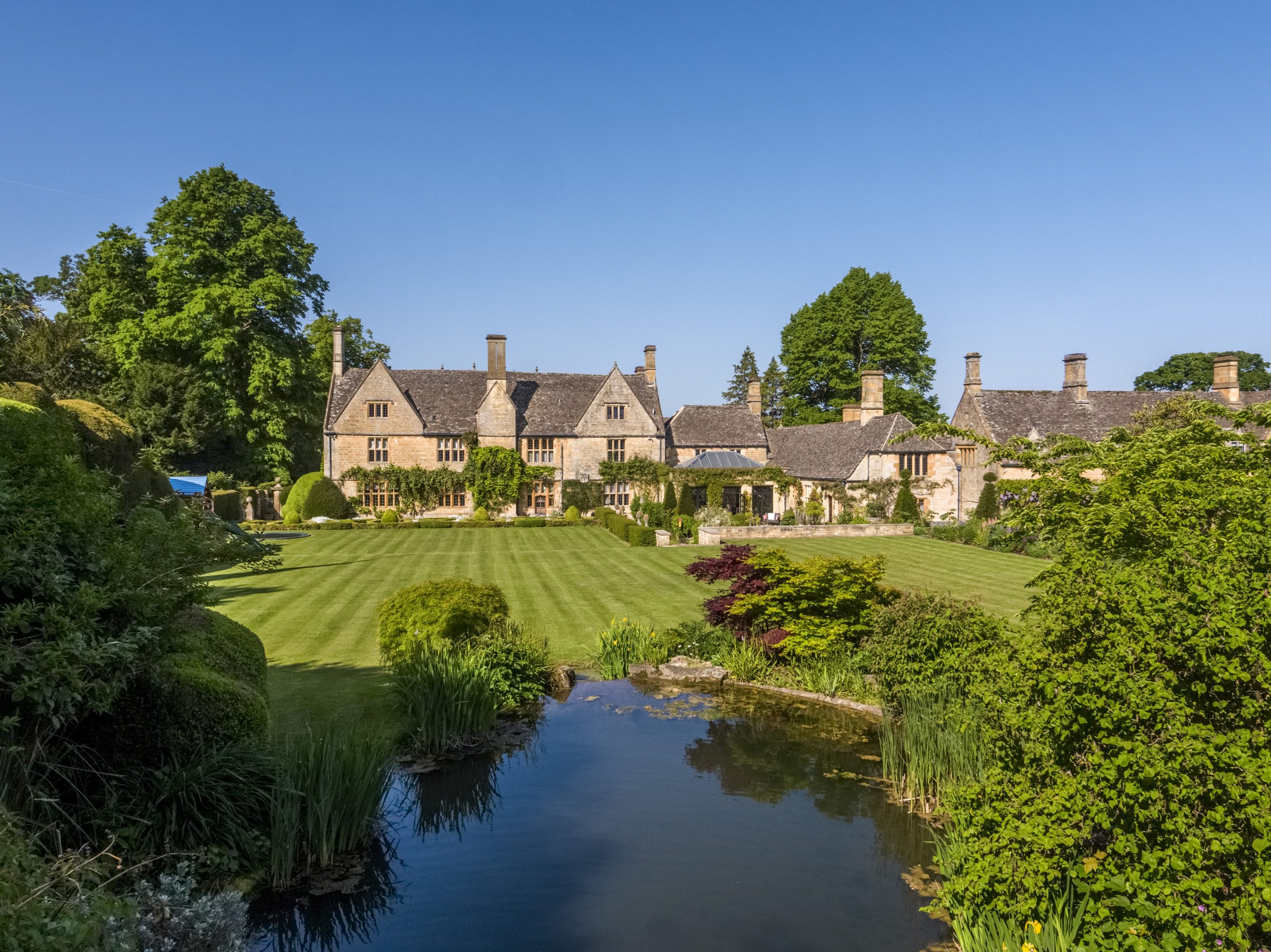

‘One of the most beautiful houses on the edge of one of the best villages in all of the Cotswolds,’ is a bold statement for an estate agent to make (merely coming up with a shortlist of 10 best villages would be contentious enough).
Yet Ed Sugden of Savills is willing to stick his neck out to make this statement about Stanton Court, in the village of Stanton, close to the Gloucestershire/Worcestershire border, four miles south-west of Broadway. Even the price is on Ed’s side to back up these words: Stanton Court is on the market for £14 million, a price that in this neck of the woods would usually include hundreds acres of land, and quite likely a decently-sized farm. Stanton has ‘only’ 62 acres. But what acres they are, taking in magnificent gardens, beautiful woodland, four cottages, and a cricket pitch with pavilion. And, of course, the astonishing house that is at the heart of it all.

Designed for entertaining in generous style, Stanton Court has 10 bedrooms and seven reception rooms, making it ‘both a fantastic family home and a great place to entertain friends,’ adds Ed.
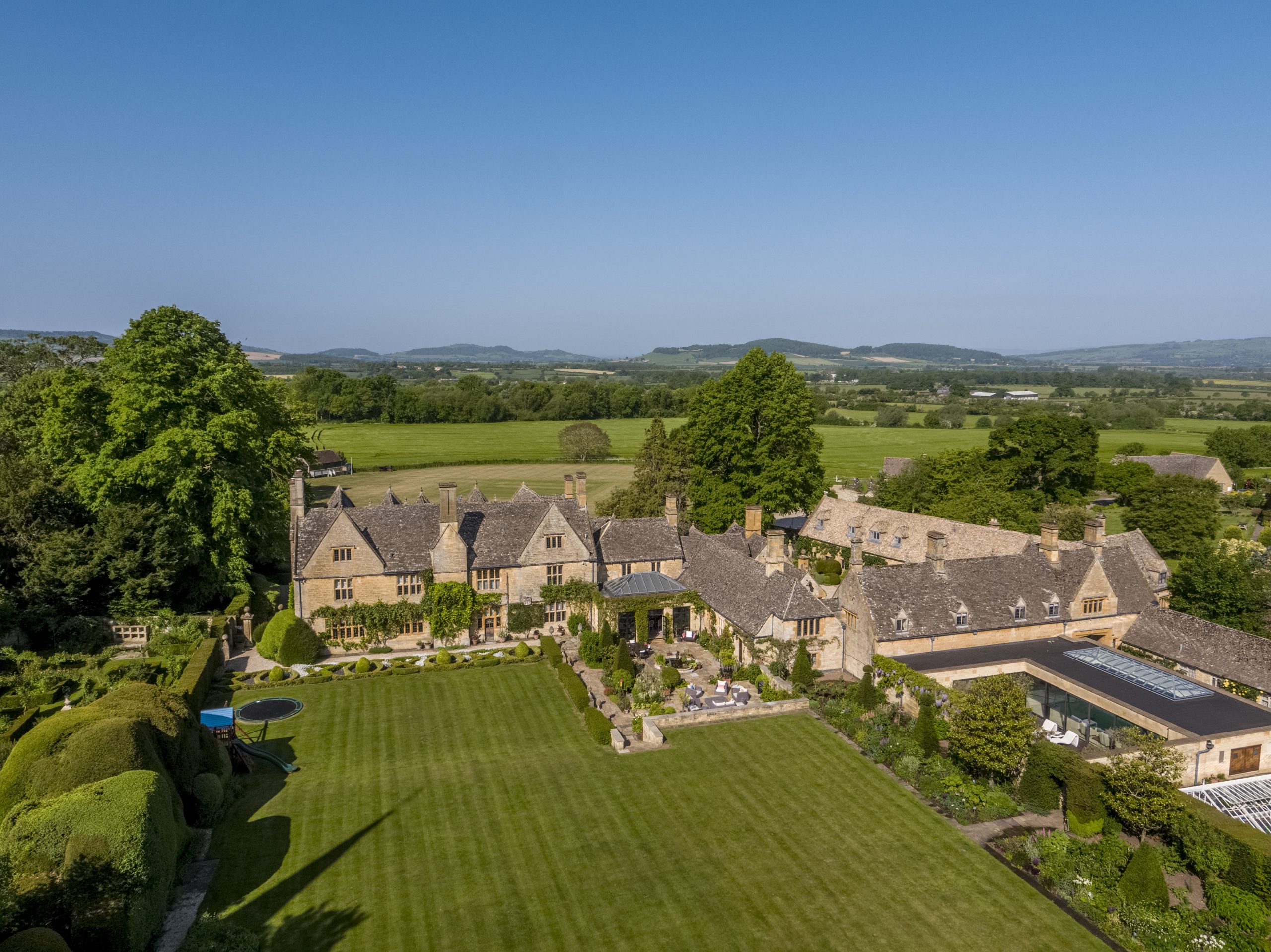
The house was last on the market in 2014, when attention was drawn to the 12 acres of gardens designed by the Chelsea Gold medallist Rupert Golby. Creating colour throughout the year, but particularly in the spring and autumn, the formal lawn leads away from a terrace by the house to a series of garden ‘rooms’ with naturally fed water features. The front of the house looks out to the cricket ground and pavilion, which are used by local clubs by permission of the owner.
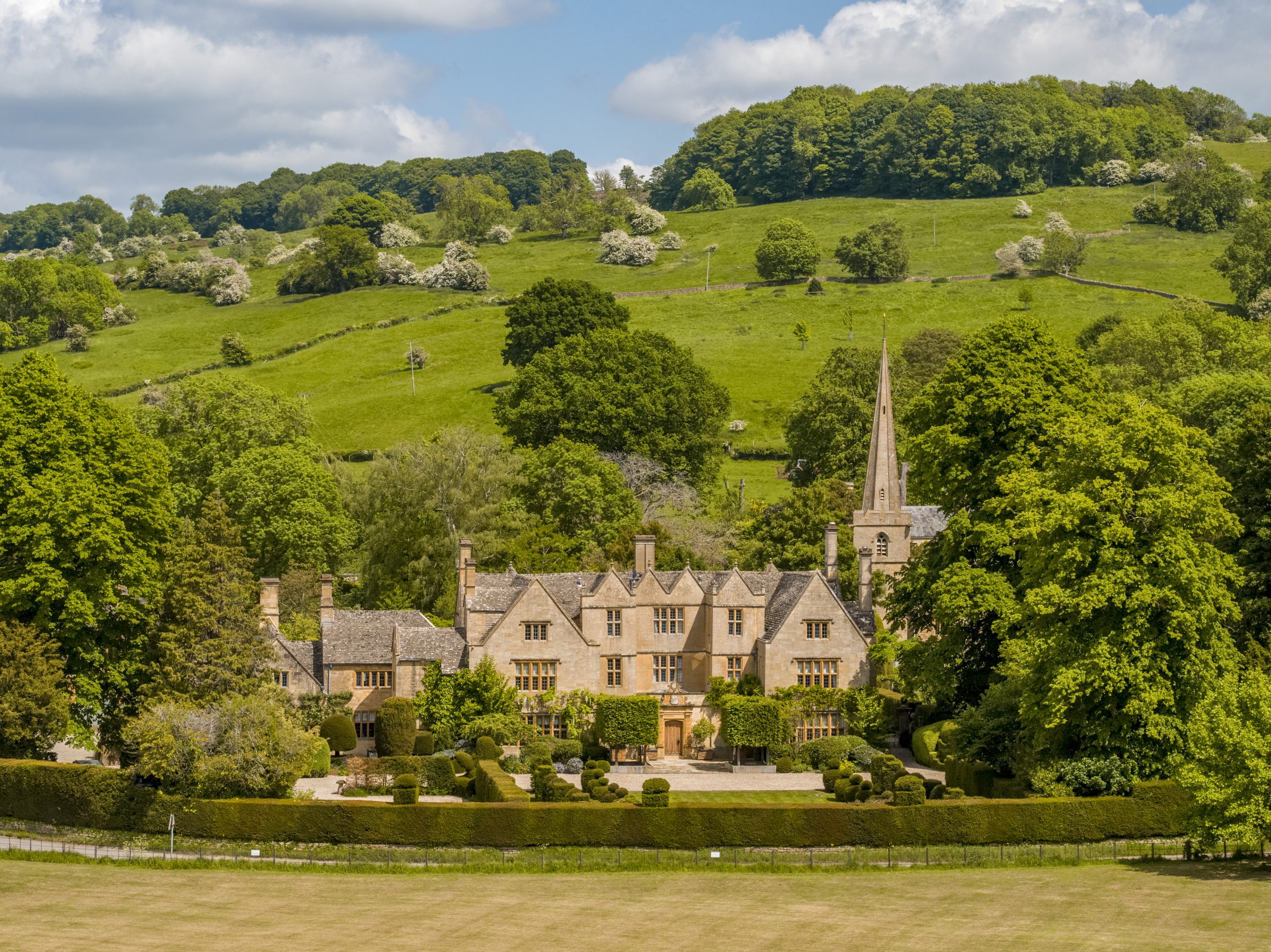
The house comes to the market following a comprehensive programme of renovation, restoration and decoration. There are four cottages of varying sizes approached off the courtyard.

The grounds enjoy far-reaching views over the pitch towards Bredon Hill, the Malvern Hills and the Black Mountains of Wales. It was built for the Izods of Toddington in the early part of the 17th century and then passed to their relatives, the Wyniatts, in the early 18th century. The latter are thought to have been responsible for extending the house by adding a southern wing, which today houses a significant Georgian double drawing room.

Stanton itself is a sleepy village that is removed from any of the parties taking place at the lifestyle or membership clubs that are opening thick and fast (Soho Farmhouse has now been joined by the Bamford Club in Daylesford and Estelle Manor near Witney).
Sign up for the Country Life Newsletter
Exquisite houses, the beauty of Nature, and how to get the most from your life, straight to your inbox.
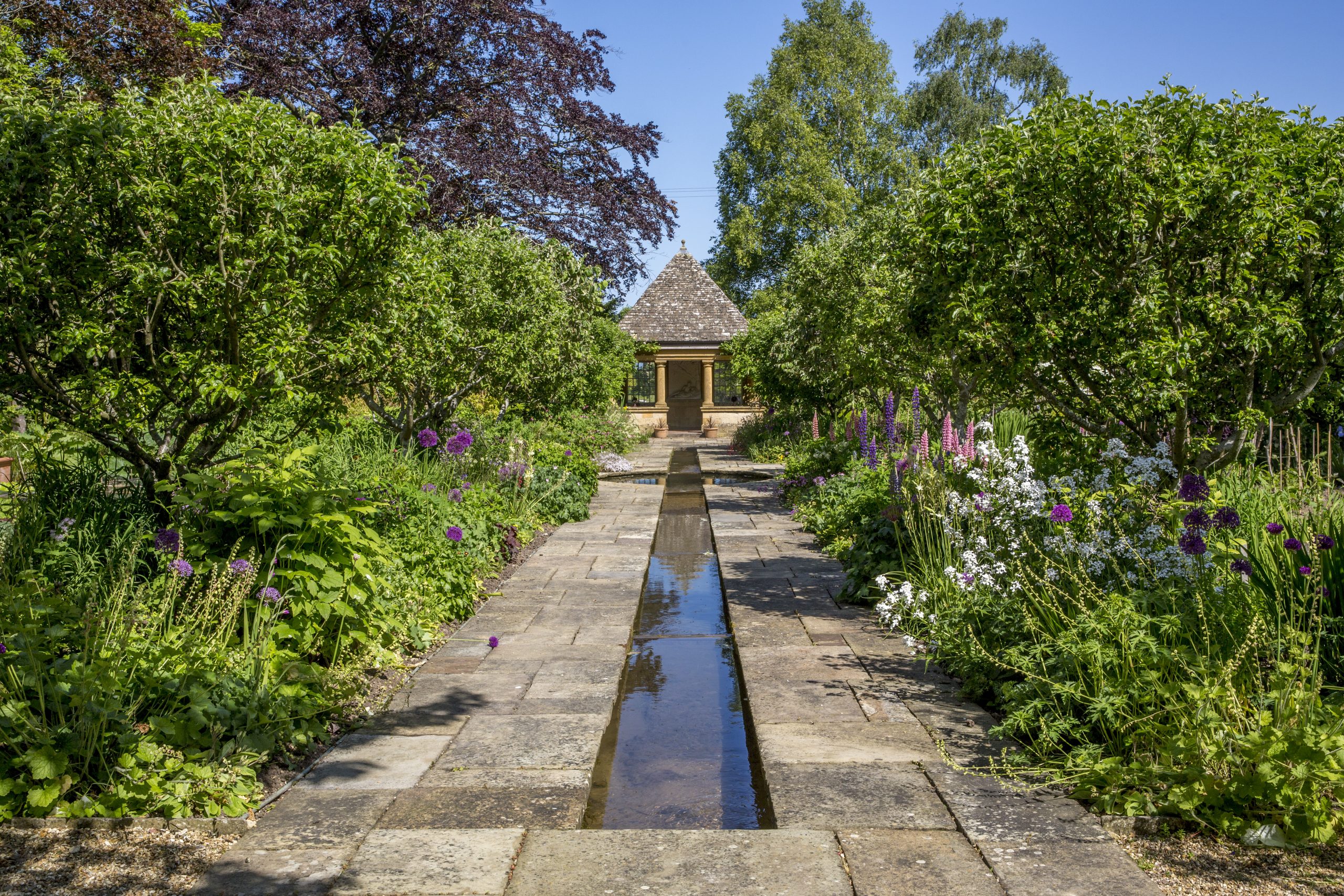
It’s almost completely constructed out of Cotswold stone and so emblematic of the area that scenes from the high street regularly appear on souvenir calendars and postcards. In the mid 20th century, Pevsner described it as ‘architecturally, the most distinguished of the smaller villages in the North Cotswolds’. However, had it not been for the efforts of an architect and civil engineer from Lancashire, little might remain of the village at all.

In the early 1900s, Philip Sidney Stott, a designer of cotton mills, bought the village and set about restoring many of the properties and building a reservoir. He also added lighting to the main street, improved the condition of the church, built a swimming pool and installed the cricket pitch. Leisure is still part of the mix today, with a superb billiards room and cinema room.

A few years later, the jewel in its crown, the Jacobean manor known as Stanton Court, was put up for sale and snapped up by Stott. He spent a fortune on its restoration.

His efforts were praised in an article in Country Life (November 25, 1911). ‘At Stanton, Nature and man combined to create a rural Elysium and that Elysium has entirely escaped modern vandalism. It is true that there has been much renovation at several points in the village, and most especially at the Court itself. But this has been done with very considerable knowledge and respect of Cotswolds traditions.’

Listed Grade II, the house stands on the edge of (but totally excluded from) the village. ‘A rarity these days,’ in the eyes of Rupert Sweeting, head of country-house sales at Knight Frank.
Stanton Court is for sale via Savills and Knight Frank — see more details and pictures.
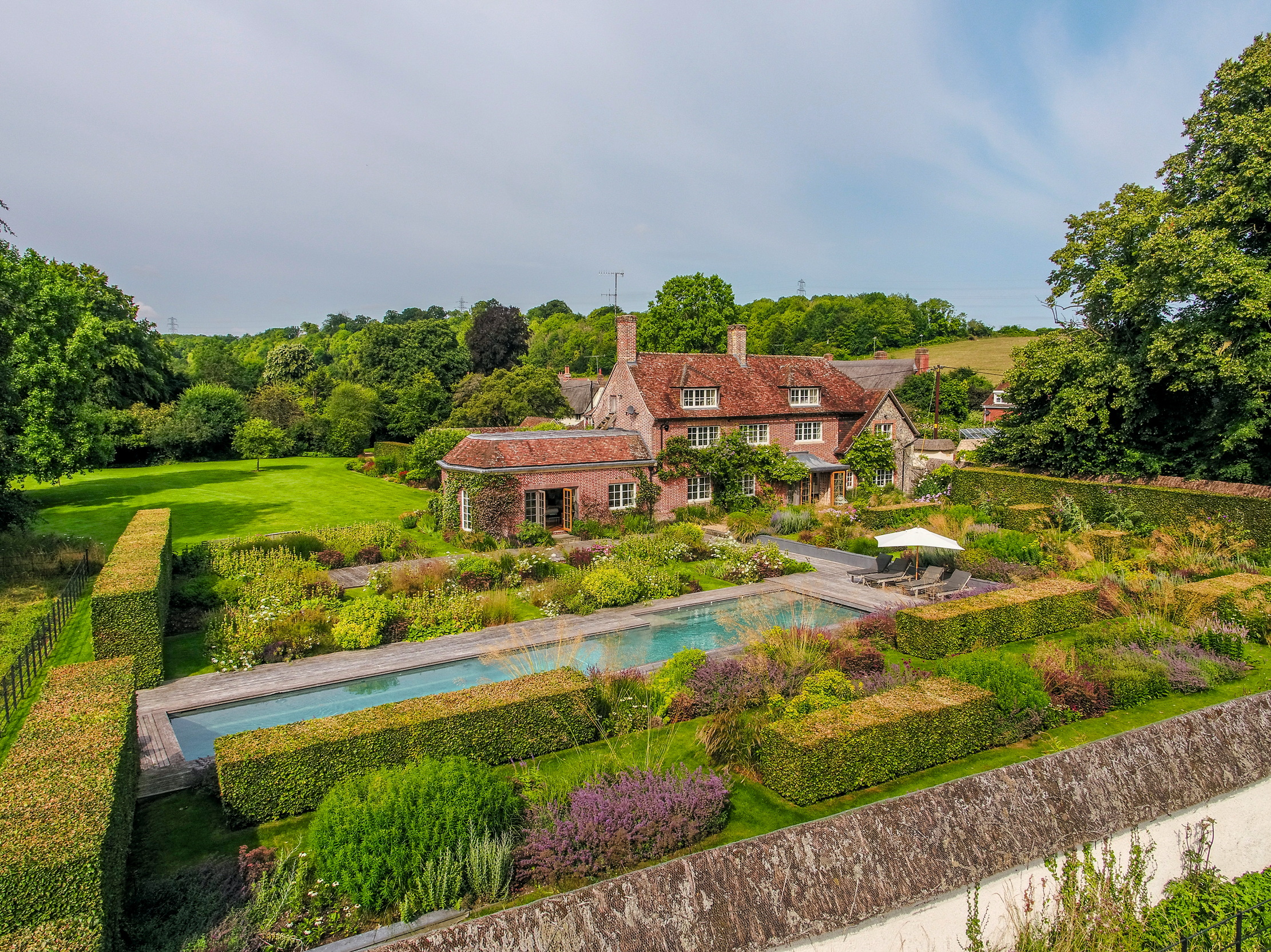
Credit: Strutt and Parker
Best country houses for sale this week
An irresistible West Country cottage and a magnificent Cumbrian country house make our pick of the finest country houses for
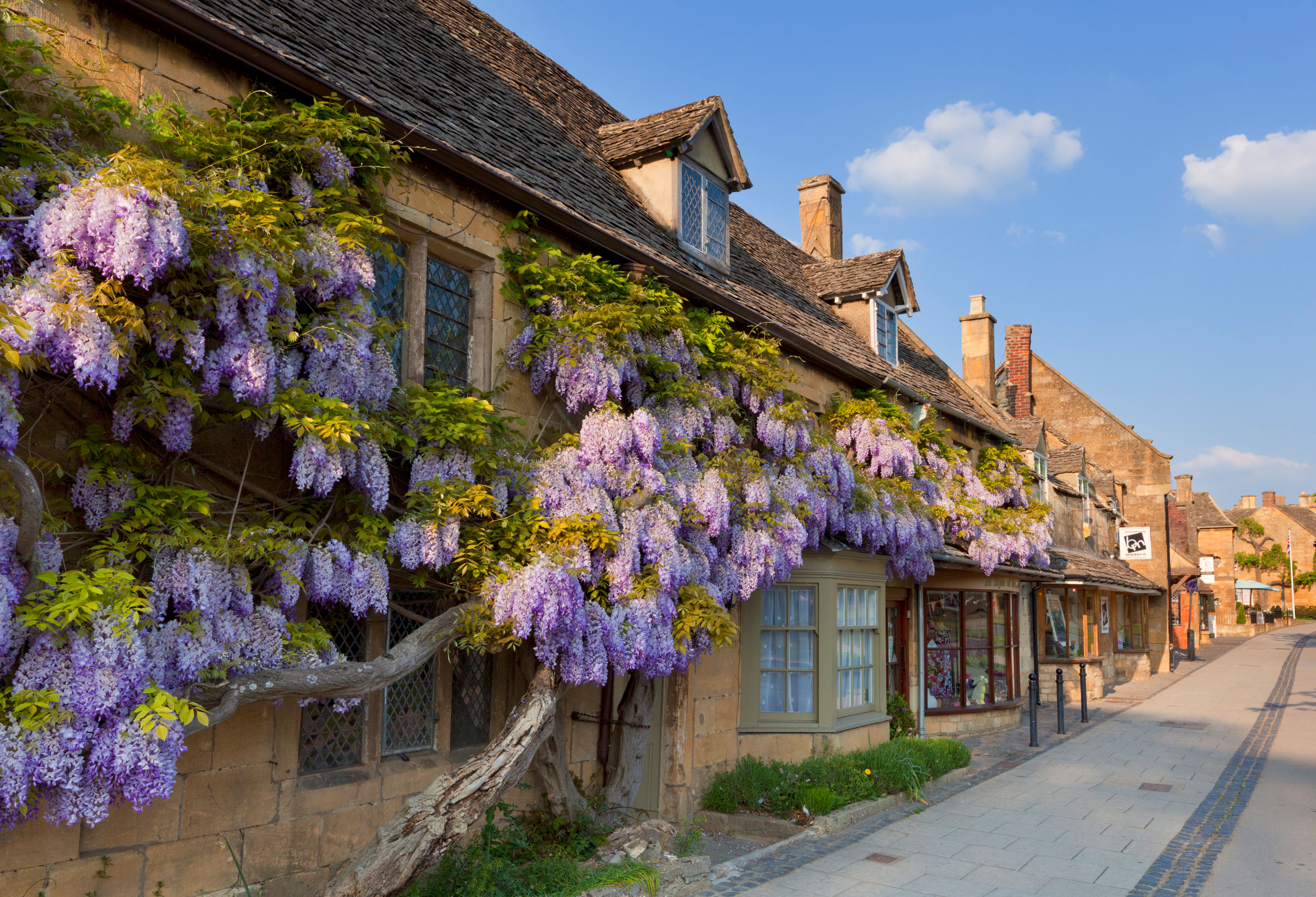
Where to live in the Cotswolds: A guide to choosing the perfect spot
Where in the Cotswolds should you move to? The answer will depend on what is more important to you and
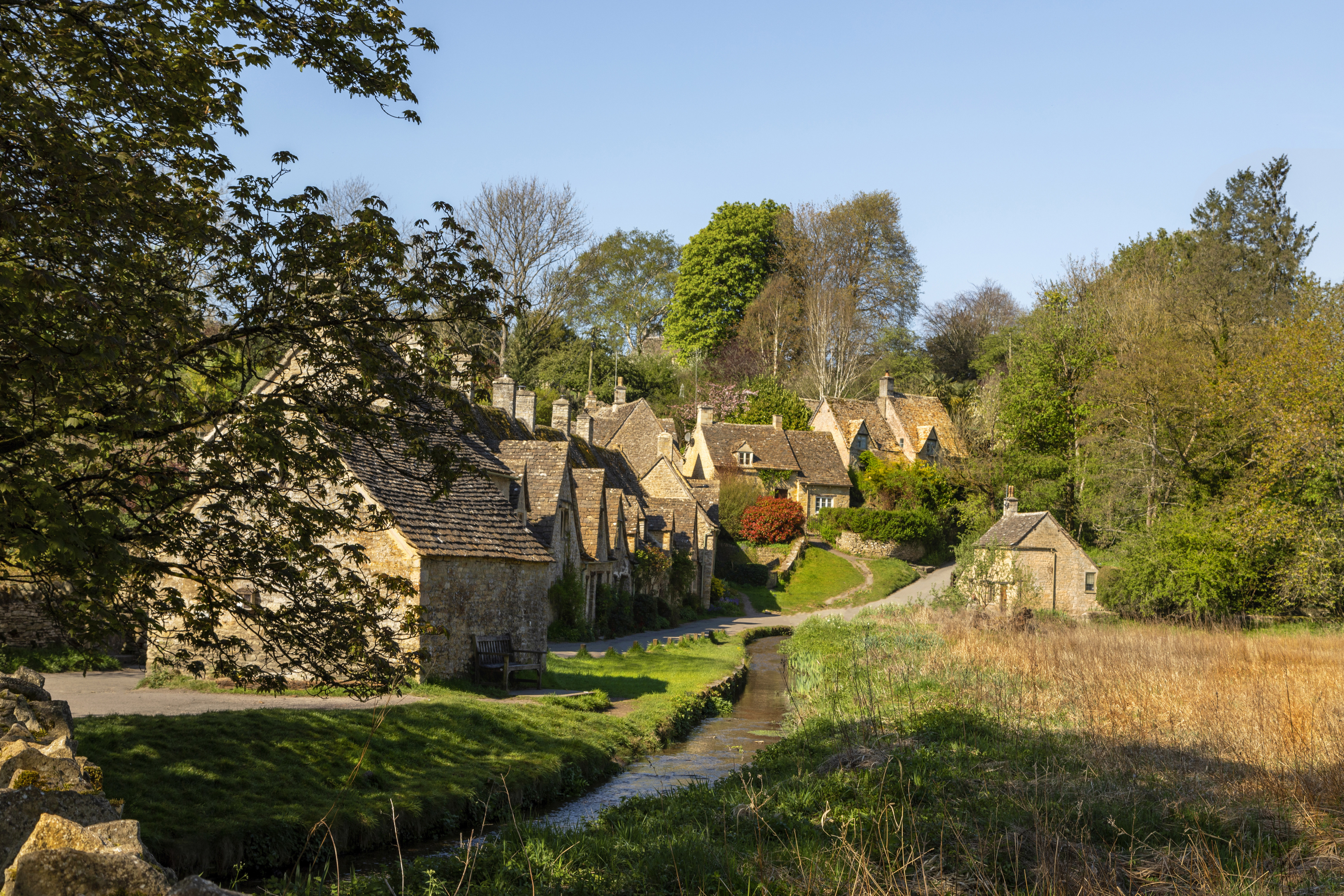
The Country Life guide to the Cotswolds: Where to go, what to see, where to stay and what to eat
Straddling five counties, the Cotswolds is arguably England's most famous region outside of London. Here’s our guide to what to
-
 'To exist in this world relies on the hands of others': Roger Powell and modern British bookbinding
'To exist in this world relies on the hands of others': Roger Powell and modern British bookbindingAn exhibition on the legendary bookbinder Roger Powell reveals not only his great skill, but serves to reconnect us with the joy, power and importance of real craftsmanship.
By Hussein Kesvani Published
-
 Spam: The tinned meaty treat that brought a taste of the ‘hot-dog life of Hollywood’ to war-weary Britain
Spam: The tinned meaty treat that brought a taste of the ‘hot-dog life of Hollywood’ to war-weary BritainCourtesy of our ‘special relationship’ with the US, Spam was a culinary phenomenon, says Mary Greene. So much so that in 1944, London’s Simpson’s, renowned for its roast beef, was offering creamed Spam casserole instead.
By Country Life Last updated
-
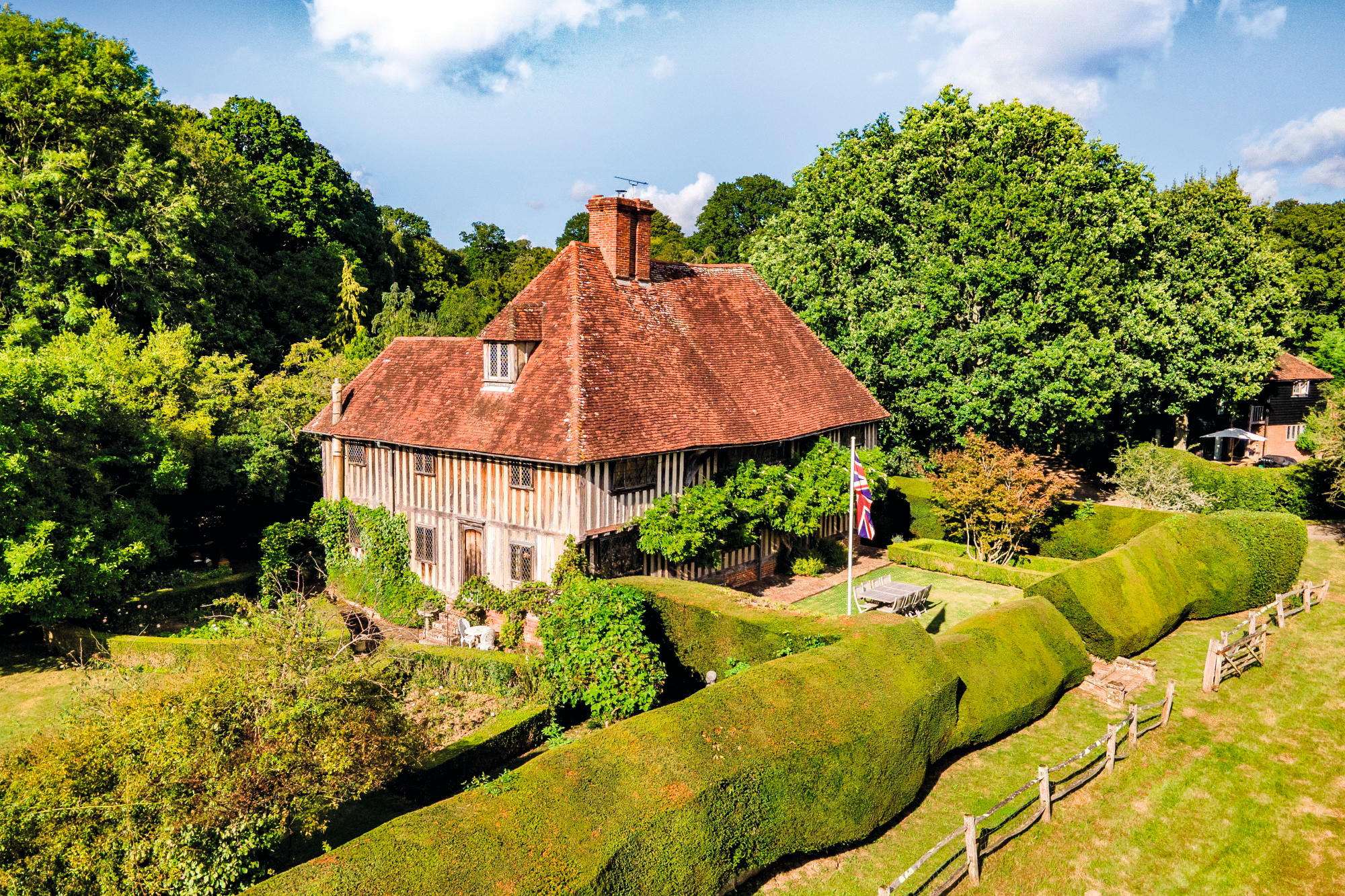 A mini estate in Kent that's so lovely it once featured in Simon Schama's 'History of Britain'
A mini estate in Kent that's so lovely it once featured in Simon Schama's 'History of Britain'The Paper Mill estate is a picture-postcard in the Garden of England.
By Penny Churchill Published
-
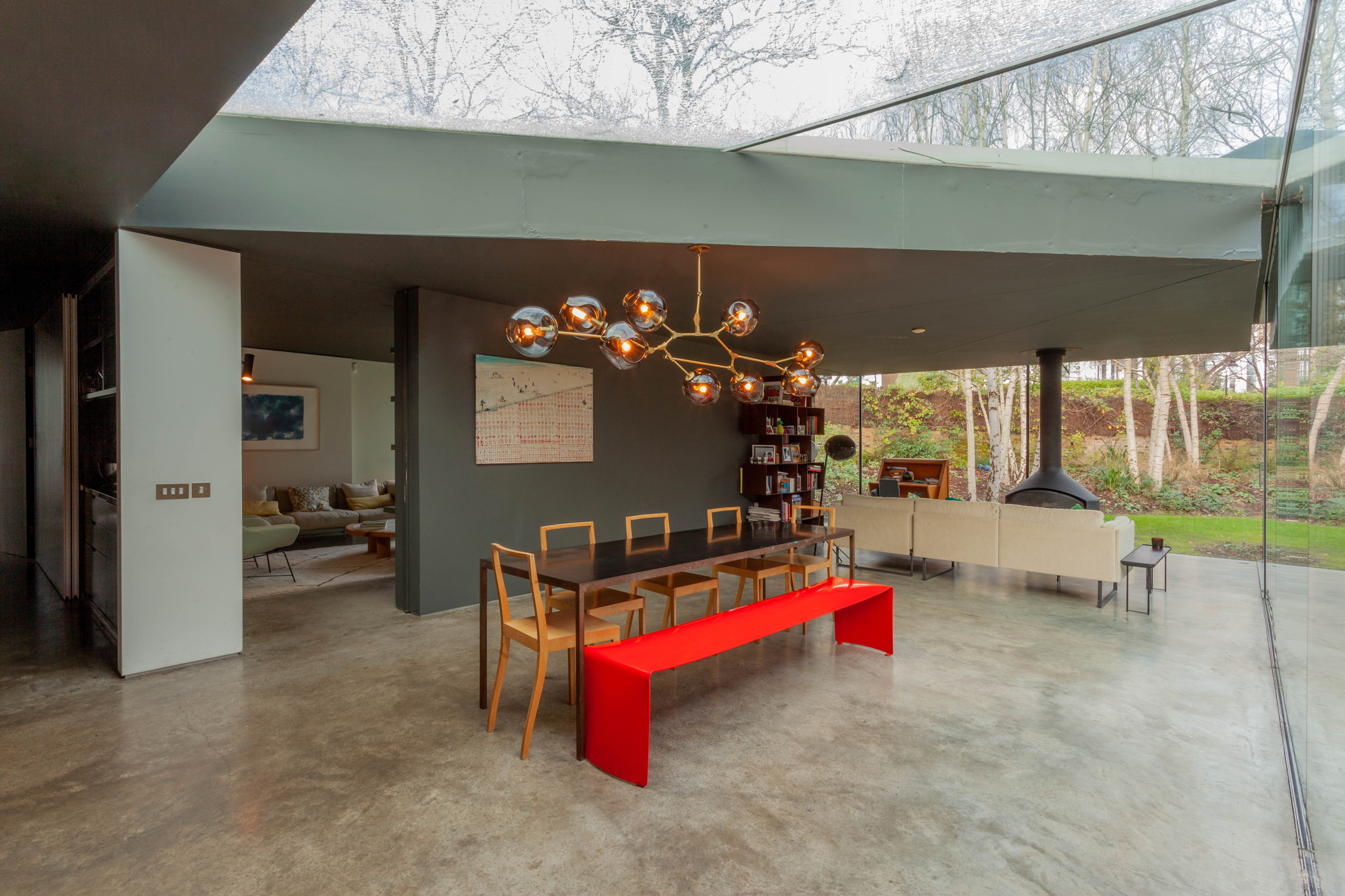 Hidden excellence in a £7.5 million north London home
Hidden excellence in a £7.5 million north London homeBehind the traditional façades of Provost Road, you will find something very special.
By James Fisher Published
-
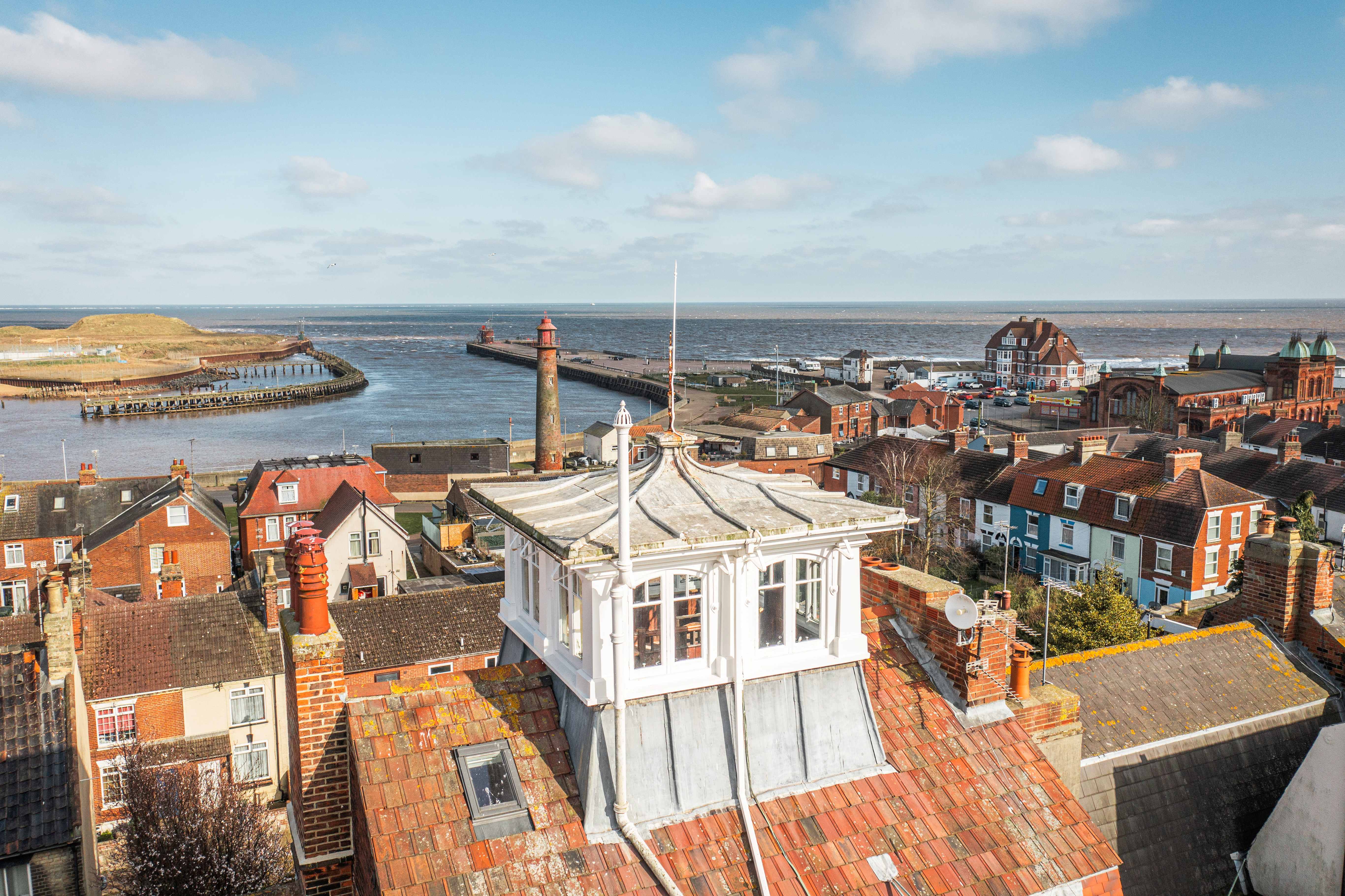 Sip tea and laugh at your neighbours in this seaside Norfolk home with a watchtower
Sip tea and laugh at your neighbours in this seaside Norfolk home with a watchtowerOn Cliff Hill in Gorleston, one home is taller than all the others. It could be yours.
By James Fisher Published
-
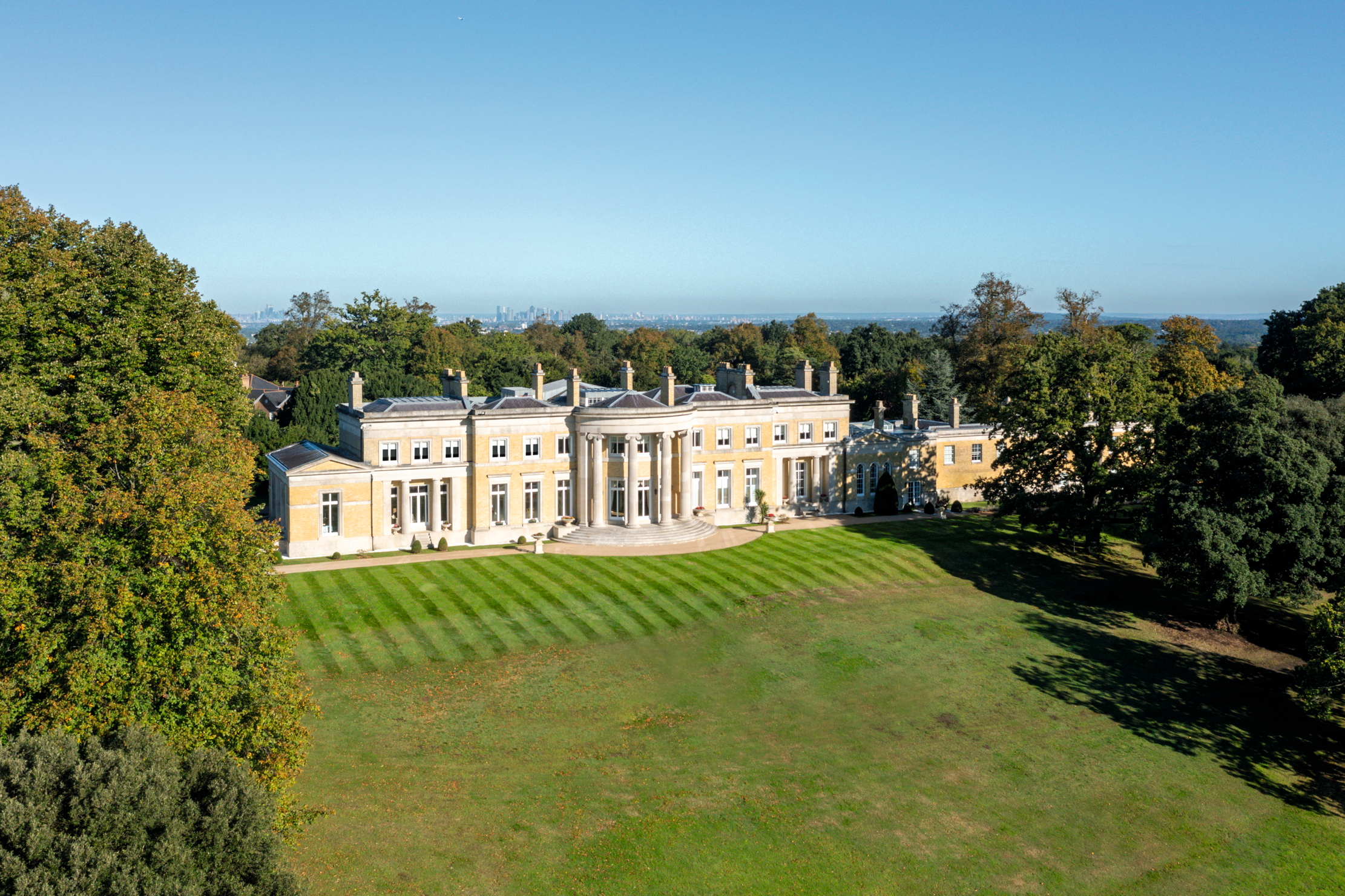 A Grecian masterpiece that might be one of the nation's finest homes comes up for sale in Kent
A Grecian masterpiece that might be one of the nation's finest homes comes up for sale in KentGrade I-listed Holwood House sits in 40 acres of private parkland just 15 miles from central London. It is spectacular.
By Penny Churchill Published
-
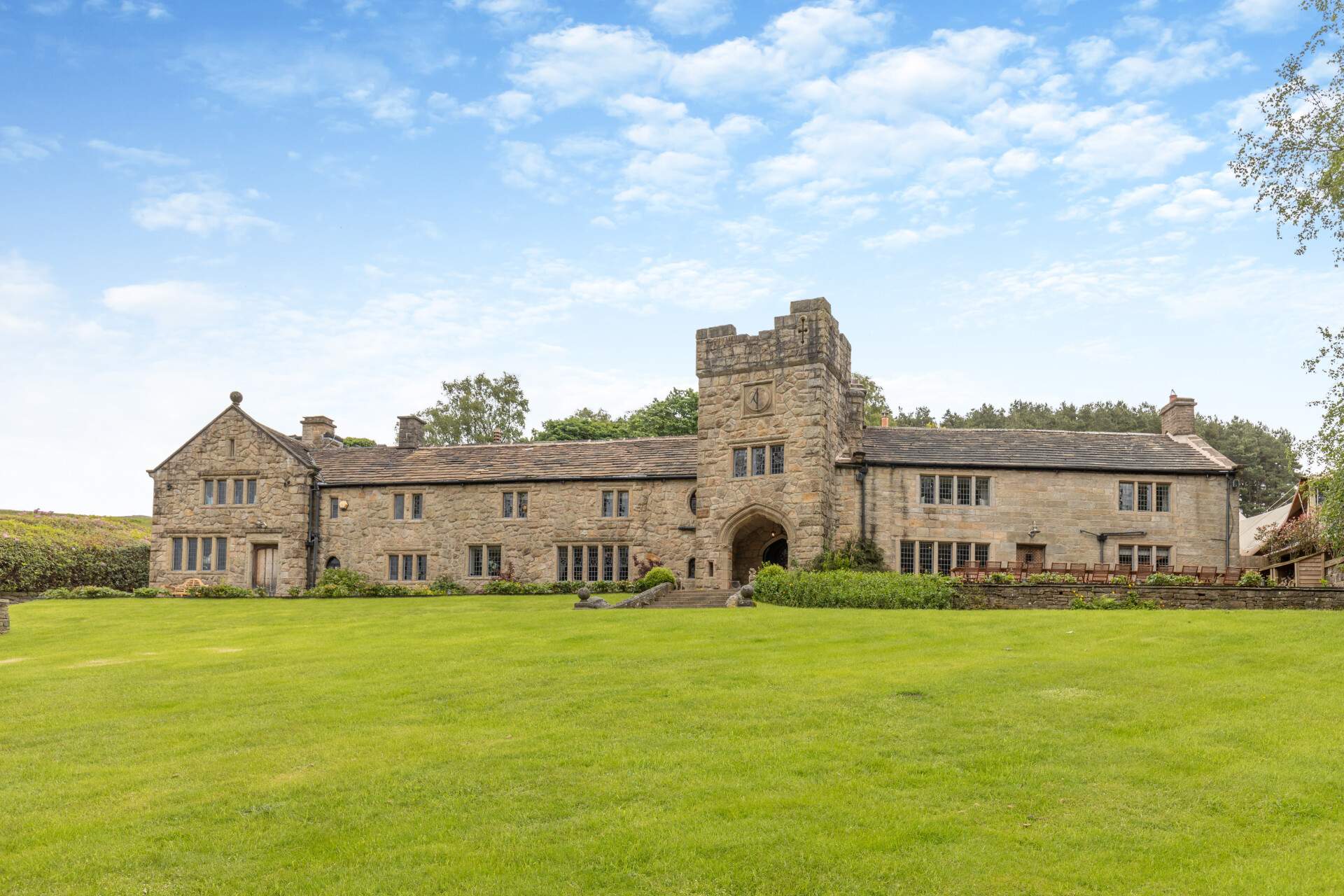 Some of the finest landscapes in the North of England with a 12-bedroom home attached
Some of the finest landscapes in the North of England with a 12-bedroom home attachedUpper House in Derbyshire shows why the Kinder landscape was worth fighting for.
By James Fisher Published
-
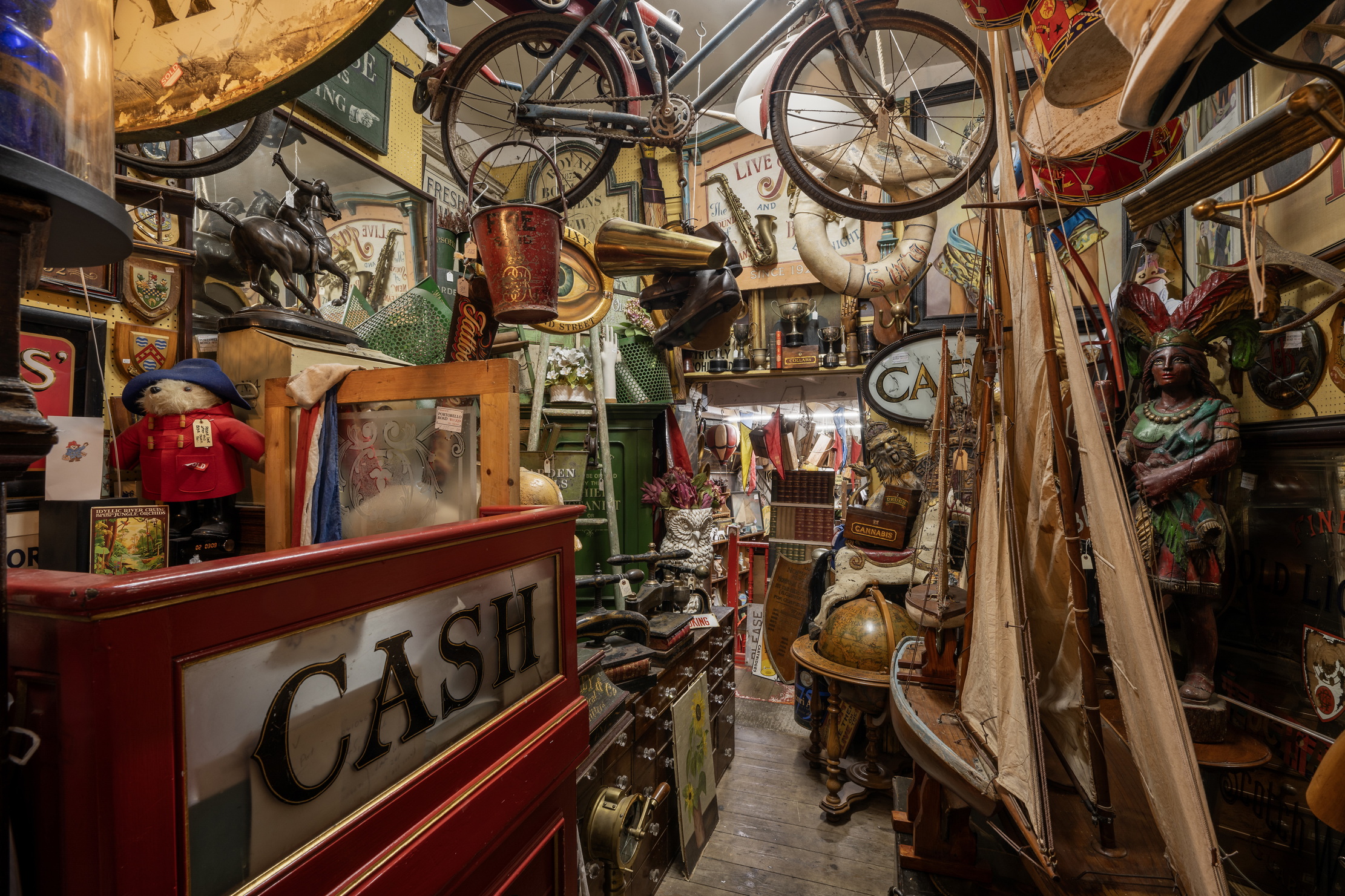 Could Gruber's Antiques from Paddington 2 be your new Notting Hill home?
Could Gruber's Antiques from Paddington 2 be your new Notting Hill home?It was the home of Mr Gruber and his antiques in the film, but in the real world, Alice's Antiques could be yours.
By James Fisher Published
-
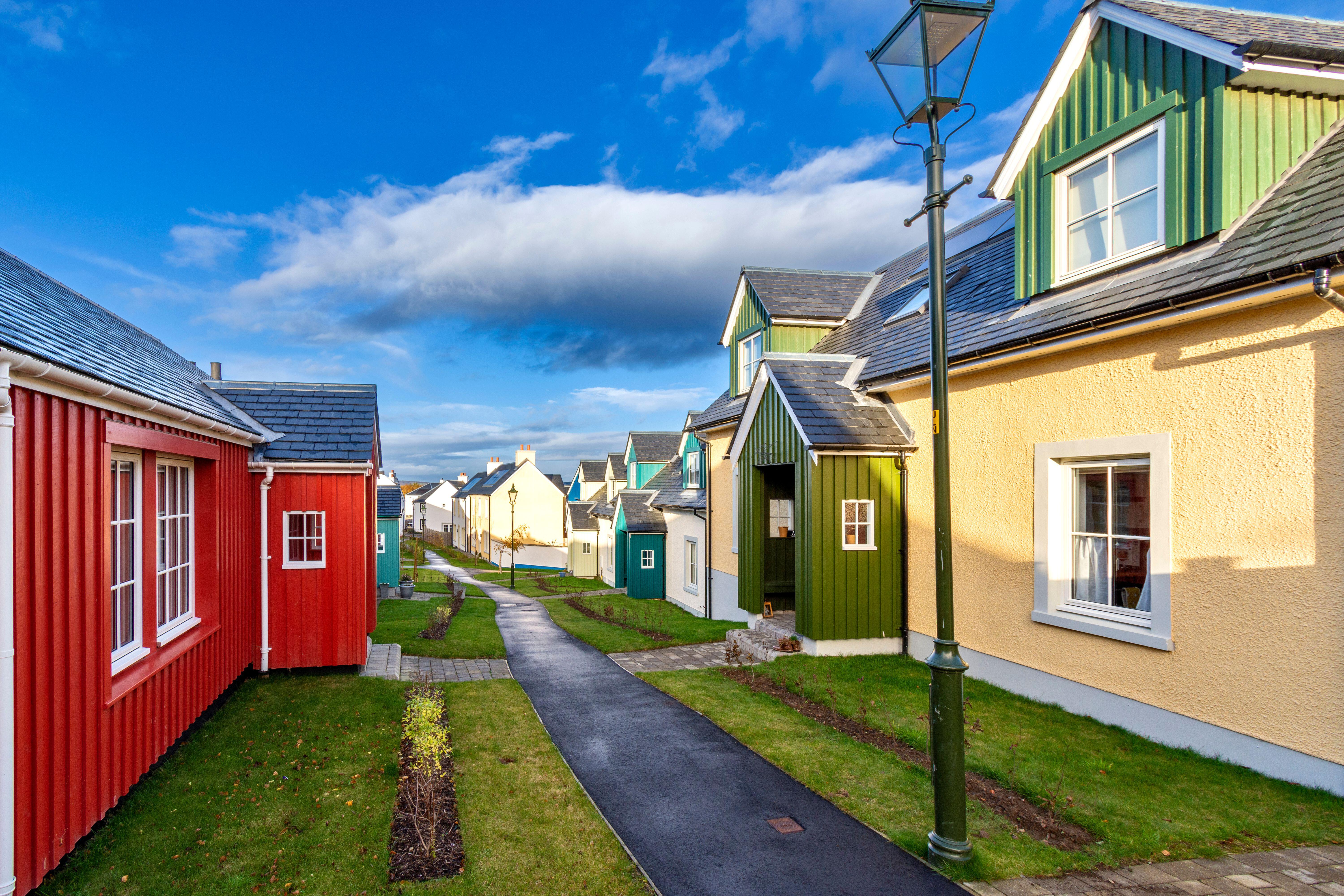 What should 1.5 million new homes look like?
What should 1.5 million new homes look like?The King's recent visit to Nansledan with the Prime Minister gives us a clue as to Labour's plans, but what are the benefits of traditional architecture? And can they solve a housing crisis?
By Lucy Denton Published
-
 Welcome to the modern party barn, where disco balls are 'non-negotiable'
Welcome to the modern party barn, where disco balls are 'non-negotiable'A party barn is the ultimate good-time utopia, devoid of the toil of a home gym or the practicalities of a home office. Modern efforts are a world away from the draughty, hay-bales-and-a-hi-fi set-up of yesteryear.
By Madeleine Silver Published
